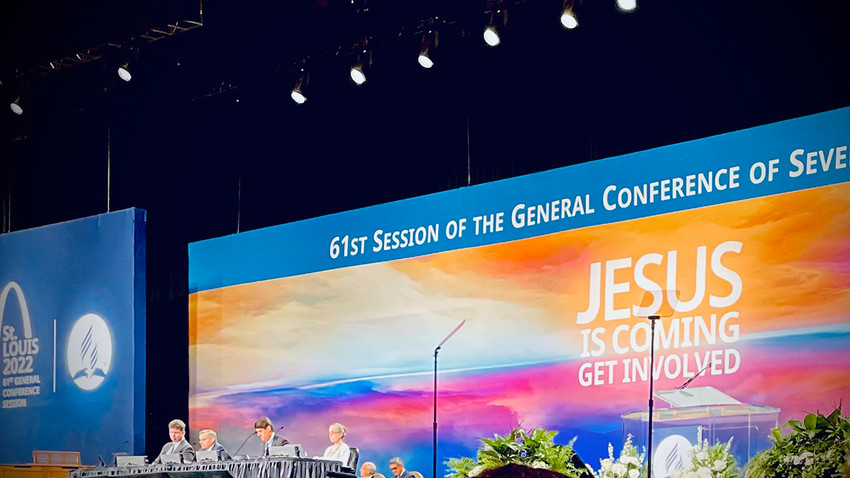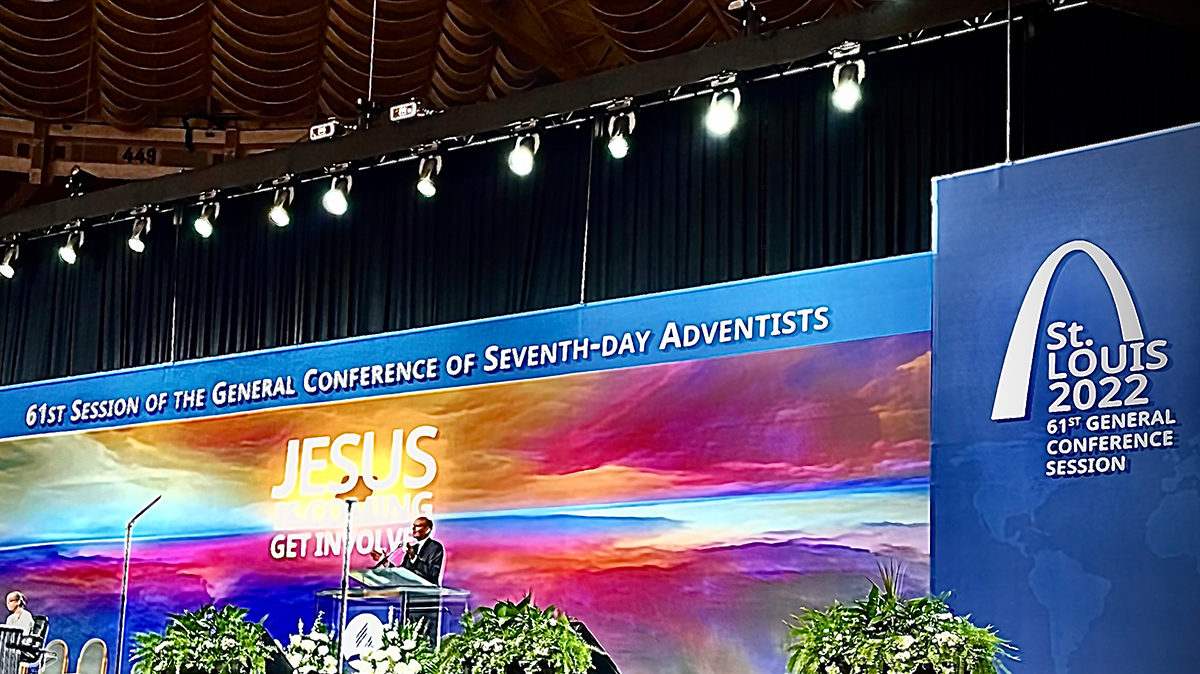Here’s a story headline that would catch the eye of anybody in the over-40 crowd! CNN ran the news piece under the heading, “Walk this number of steps each day to cut your risk of dementia” (www.cnn.com/2022/09/06/health/step-dementia-risk-wellness/index.html). Curious? Keep reading.
According to a study published Tuesday in JAMA Neurology (Journal of the American Medical Association—go here to read the original study report—jamanetwork.com/journals/jamaneurology/article-abstract/2795819), “people between the ages of 40 and 79 who took 9,826 steps per day were 50% less likely to develop dementia within seven years….Furthermore, people who walked with ‘purpose’—at a pace over 40 steps a minute—were able to cut their risk of dementia by 57% with just 6,315 steps a day” (see CNN).
But there’s more: “Even people who walked approximately 3,800 steps a day at any speed cut their risk of dementia by 25%, the study found” (see CNN).
If you’re intimidated by these high step counts, consider this: “The largest reduction in dementia risk—62%—was achieved by people who walked at a very brisk pace of 112 steps per minute for 30 minutes a day, the study found” (see CNN). In fact, the JAMA editorial accompanying the research report Tuesday counseled: “‘While 112 steps/min is a rather brisk cadence, ‘112’ is conceivably a much more tractable and less intimidating number for most individuals than ’10,000,’ especially if they have been physically inactive or underactive’” (see CNN). (To determine your walking pace per minute, simply count the number of steps you take in 10 seconds and multiply that number by six.)
The bottom line to all of this seems to suggest the simple daily exercise of walking is linked to numerous health benefits that now include a lowered risk for dementia. And what’s not to like about that! (The CNN piece ends wisely with this editor's note: “Before beginning any new exercise program, consult your doctor. Stop immediately if you experience pain.”)
Ellen White observed: “There is no exercise that can take the place of walking. By it the circulation of the blood is greatly improved....Walking, in all cases where it is possible, is the best remedy for diseased bodies, because in this exercise all of the organs of the body are brought into use” (Healthful Living 129).
The Scriptures describe the height of spiritual communion with God in the language of walking. “Enoch walked faithfully with God” (Genesis 5:22, 24). “Noah walked faithfully with God” (Genesis 6:9). God called Abraham at the age of ninety-nine to “‘walk before Me faithfully and be blameless’” (Genesis 17:1). Paul counsels us to “follow God’s example, therefore, as dearly loved children and walk in the way of love, just as Christ loved us and gave Himself up for us as a fragrant offering and sacrifice to God” (Ephesians 5:2). And near the end of the Bible is this appeal, “As you have heard from the beginning, His command is that you walk in love” (2 John 1:6).
So why not turn your brisk walks into prayer walks with Jesus? Nothing fancy, nothing difficult or strenuous—just the rhythmic breathing in and out of prayers for the new day, prayers for the family, prayers for friends, prayers for the sick, prayers for wisdom, prayers for your classes, prayers for your students, prayers for your patients, prayers for guidance, prayers of joy and thanksgiving for the God who walks beside you. Prayer walks—research documented exercises for the preservation of your heart, your mind, and your soul. What’s not to like about that?











